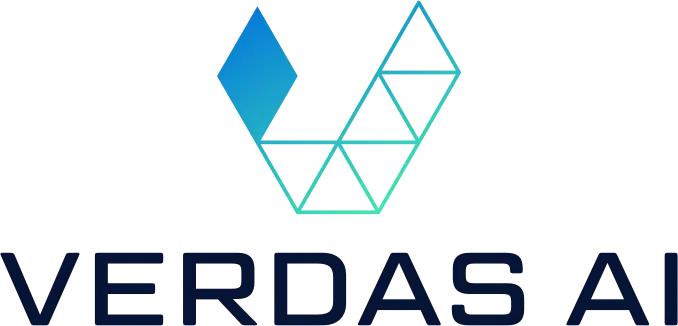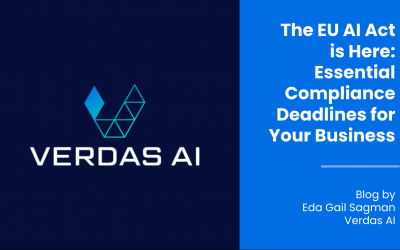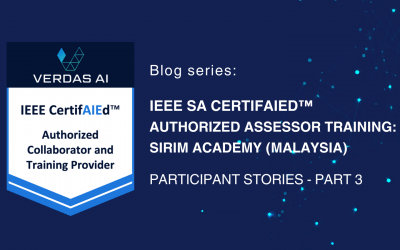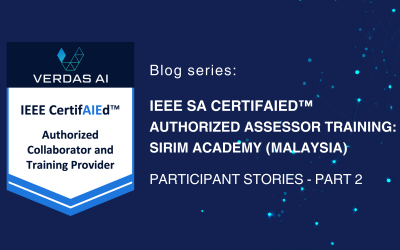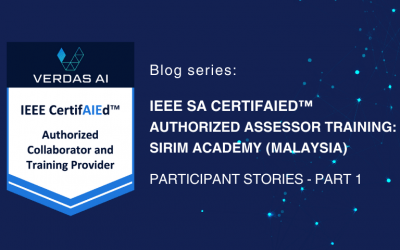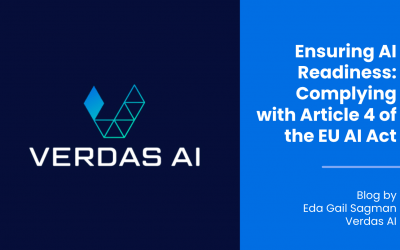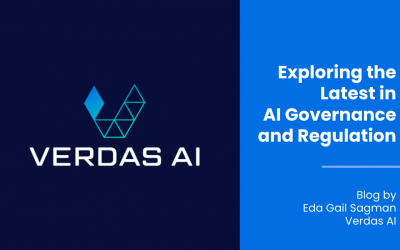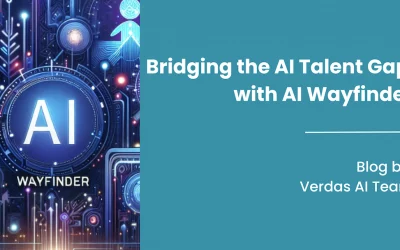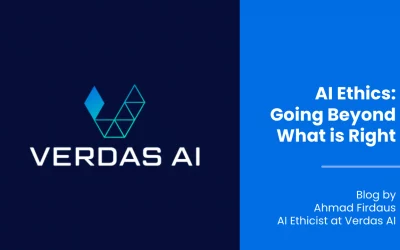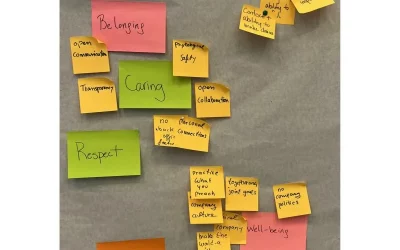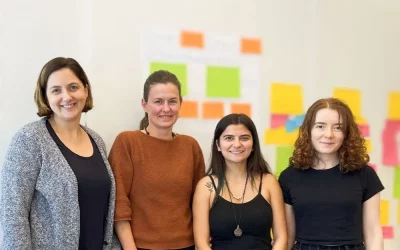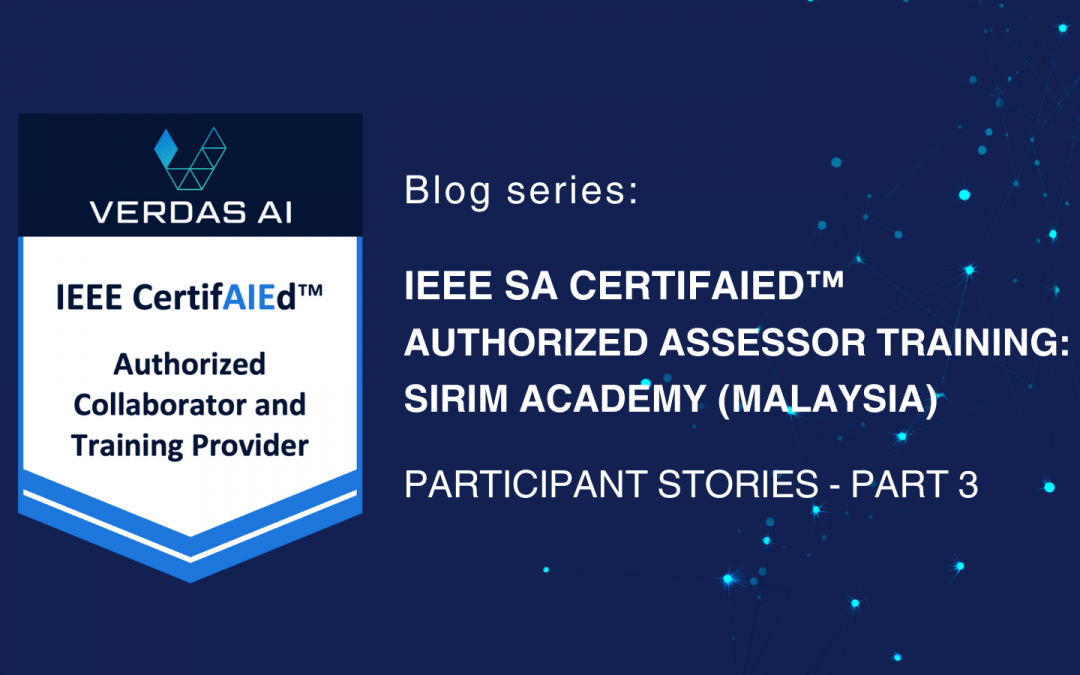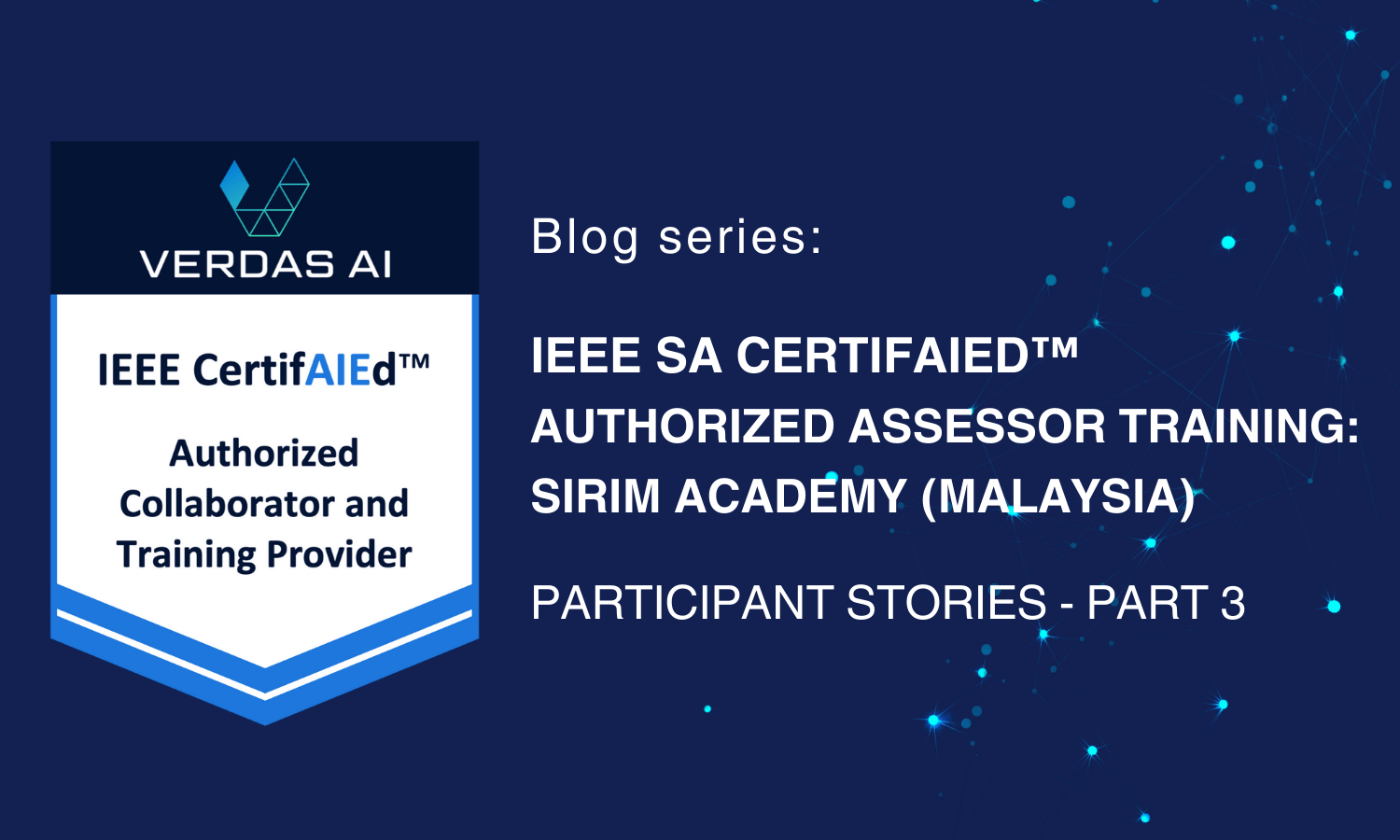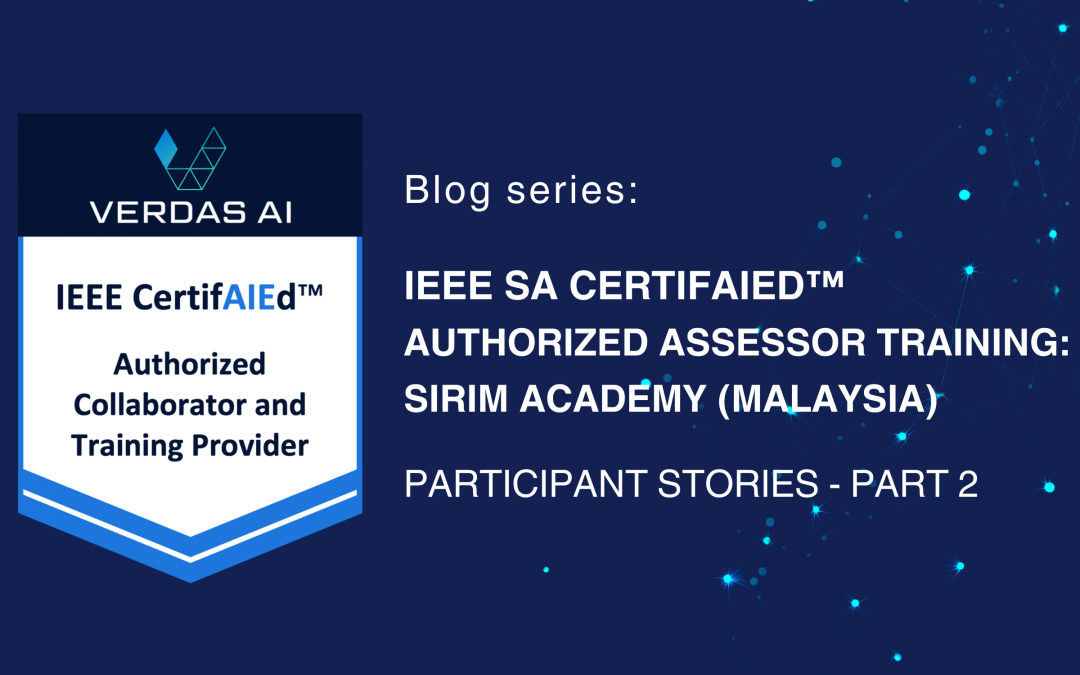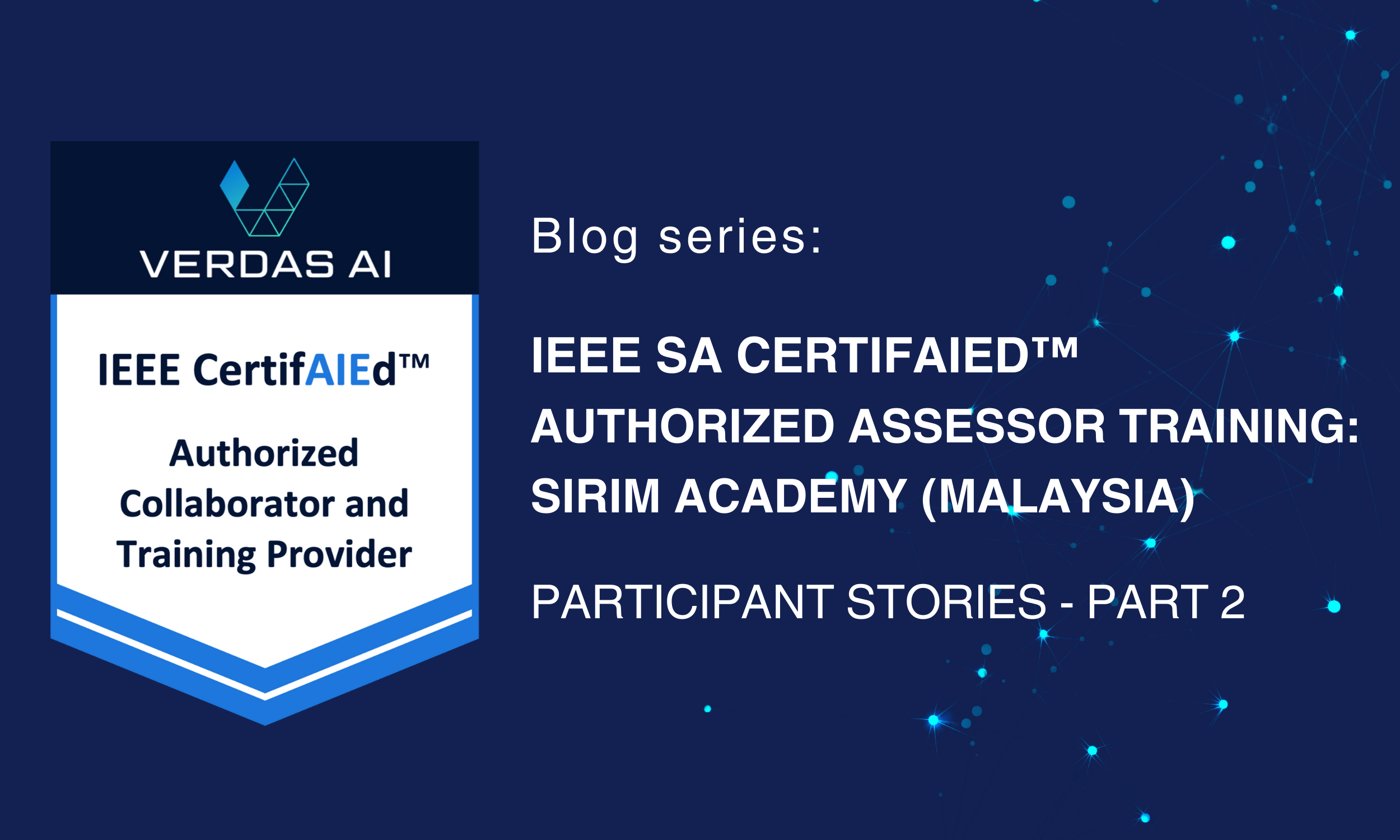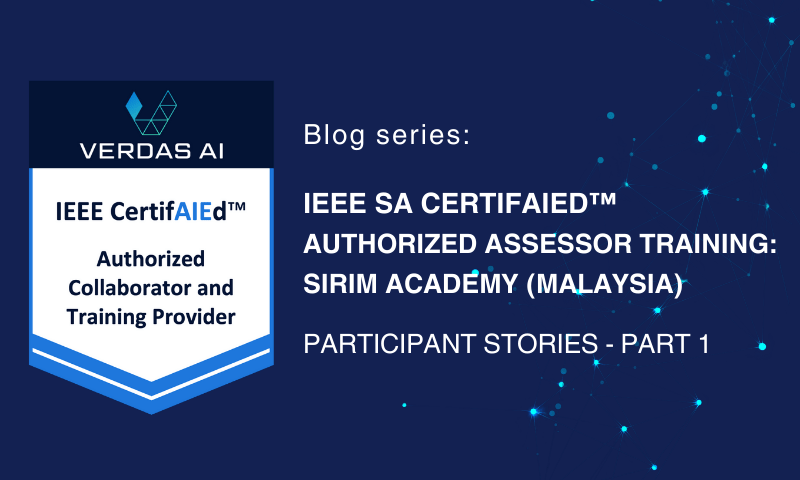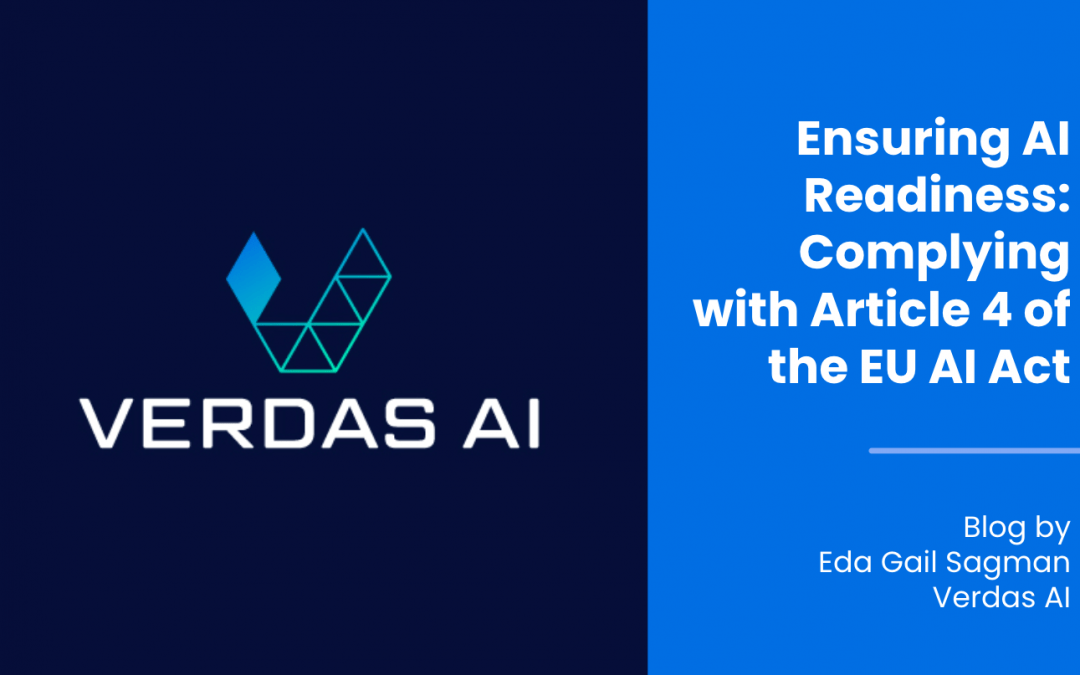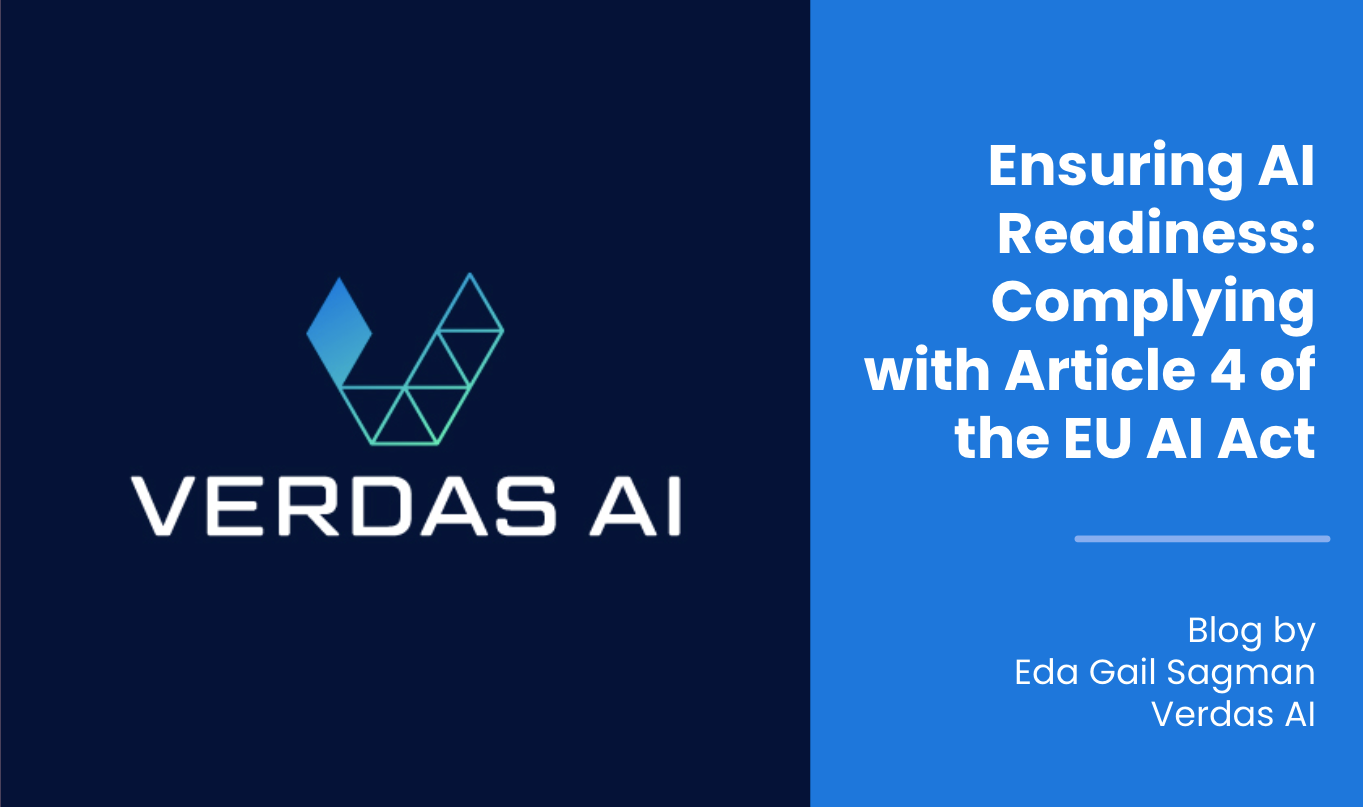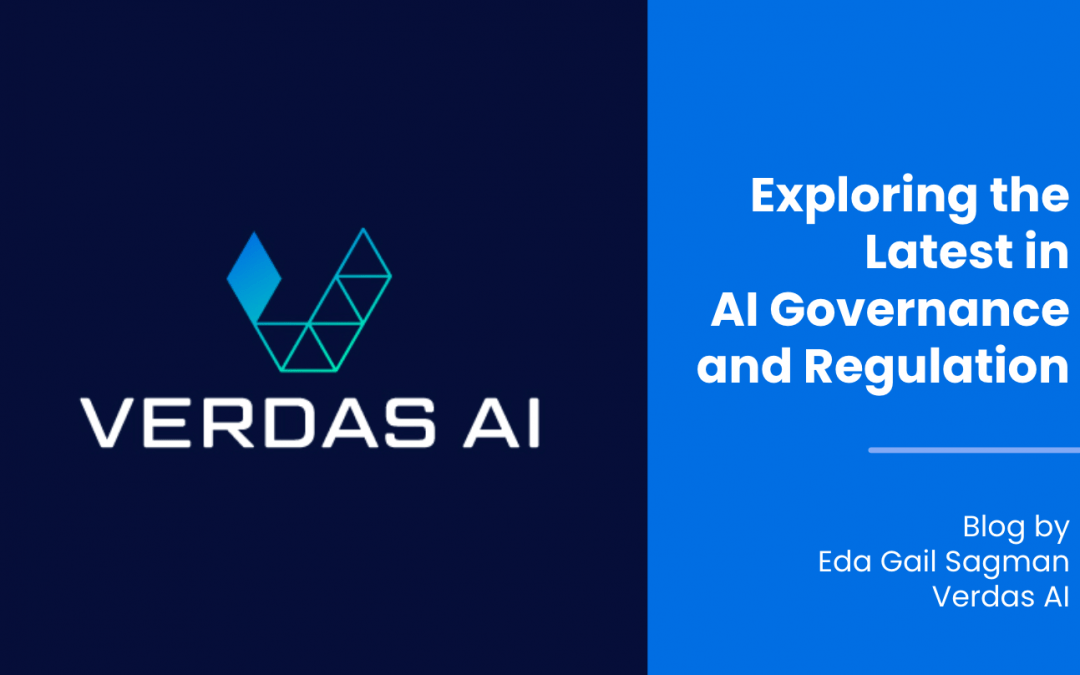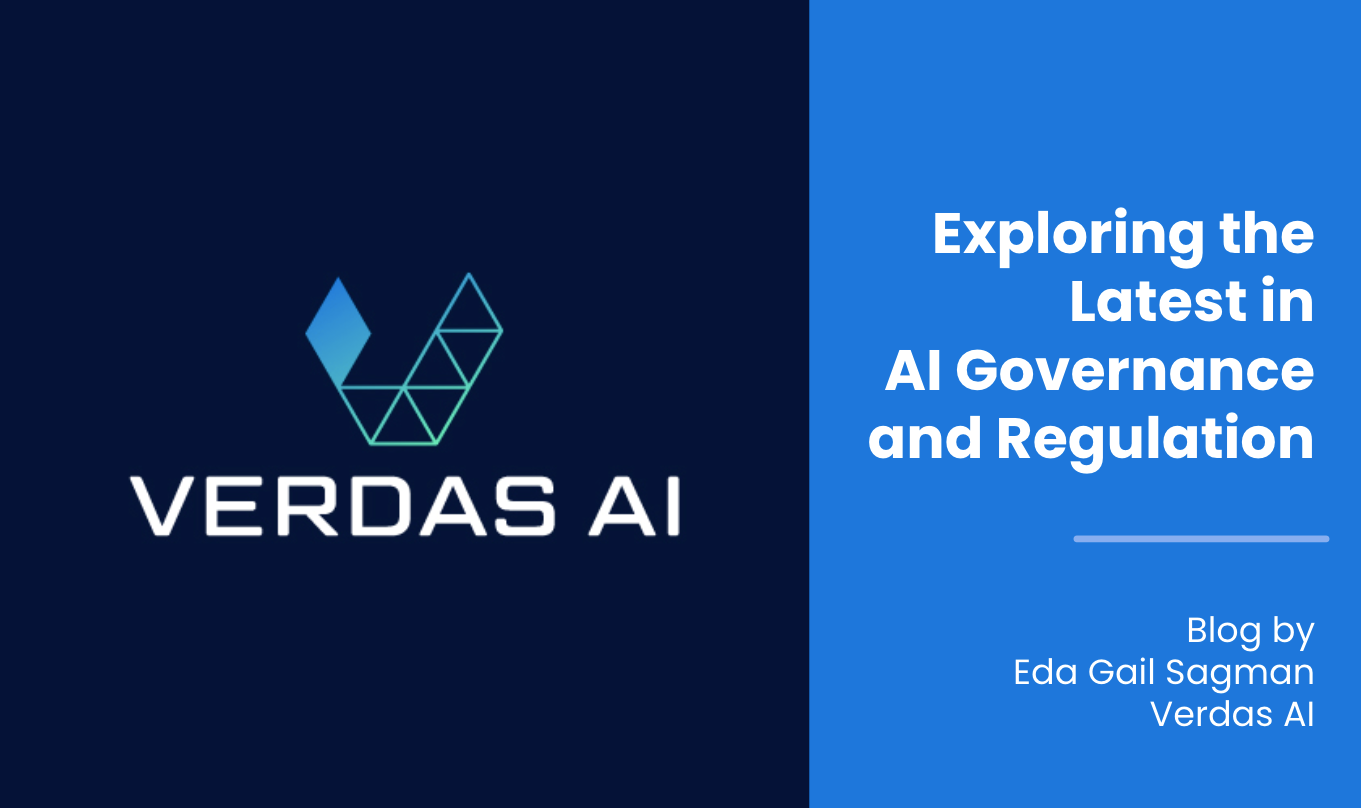The EU AI Act is Here: Essential Compliance Deadlines for Your BusinessThe AI Act's phased implementation allows companies time to adjust, but the requirements are rigorous. High-risk AI systems, such as those used in healthcare, law enforcement, and critical...
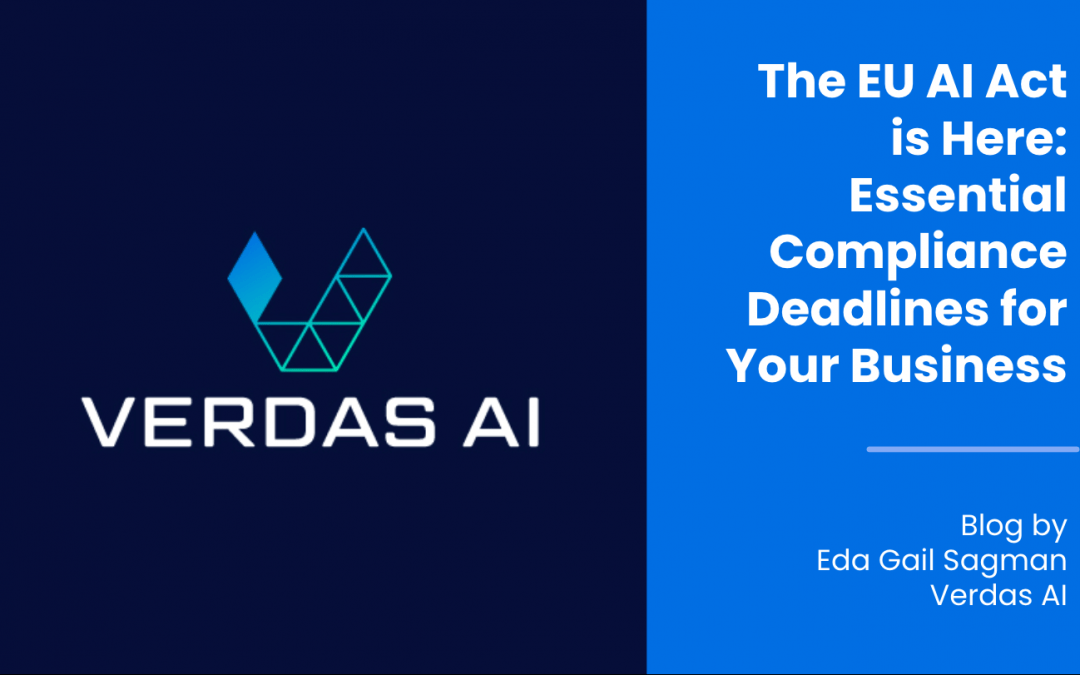
The EU AI Act is Here: Essential Compliance Deadlines for Your Business
The EU AI Act is Here: Essential Compliance Deadlines for Your Business
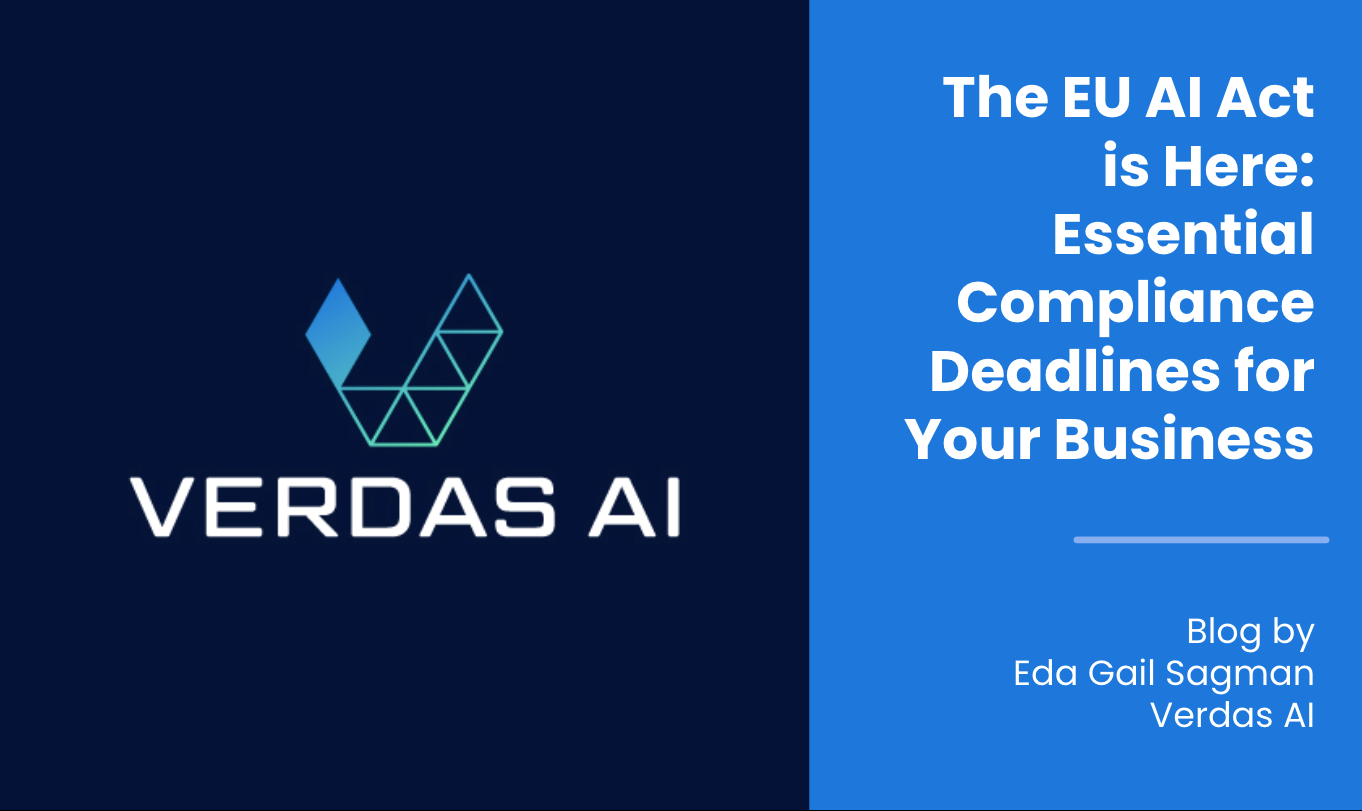
The EU AI Act is Here: Essential Compliance Deadlines for Your Business
The AI Act’s phased implementation allows companies time to adjust, but the requirements are rigorous. High-risk AI systems, such as those used in healthcare, law enforcement, and critical infrastructure, will face the most stringent regulations. These include ensuring data quality, implementing anti-bias measures, and conducting comprehensive risk assessments. Non-compliance can result in hefty fines, up to €35 million or 7% of global annual revenue for serious breaches [1][2].
The European Union’s landmark Artificial Intelligence regulation, known as the EU AI Act, has been officially published in the EU Official Journal. This significant milestone sets the clock for the enforcement of new legal standards designed to regulate AI applications based on their risk levels. As of July 12, 2024, the AI Act is now formally published, and it will come into force on August 1, 2024, initiating transition periods that enable organizations to adapt to the new compliance regulations [1].
Key Compliance Deadlines
With the Act’s publication, various compliance deadlines are now approaching for technology companies operating within the EU. Here are the critical dates to be aware of:
August 1, 2024: The AI Act comes into force, starting the countdown for various compliance deadlines [2].
February 2, 2025: Initial compliance phase begins. Prohibited AI systems, such as those used for biometric categorization without consent, must be withdrawn from the market. Companies must also start complying with transparency obligations, ensuring users are aware when they are interacting with AI [2].
May 2, 2025: Developers must adhere to newly established codes of practice that detail benchmarks for compliance and performance indicators [2].
August 2, 2025: General-purpose AI models, including chatbots, must meet specific transparency and copyright compliance requirements [2].
August 2, 2026: Full compliance with the Act’s provisions is required for most AI applications. This includes the establishment of AI regulatory sandboxes to support innovation and compliance [1].
August 2, 2027: Deadline for high-risk AI systems to comply with stringent requirements regarding risk assessments and human oversight [1].
Implications for Technology Companies
The AI Act’s phased implementation allows companies time to adjust, but the requirements are rigorous. High-risk AI systems, such as those used in healthcare, law enforcement, and critical infrastructure, will face the most stringent regulations. These include ensuring data quality, implementing anti-bias measures, and conducting comprehensive risk assessments. Non-compliance can result in hefty fines, up to €35 million or 7% of global annual revenue for serious breaches [1][2].
Supporting Ethical AI Development
At Verdas AI, we are dedicated to empowering organizations to navigate these new regulatory landscapes while building ethical and high-quality AI solutions. To assist companies in meeting these stringent new regulations, we offer specialized training sessions, including the IEEE CertifAIEd™ Assessor Training. This program covers essential topics such as ethical transparency, privacy, accountability, and algorithmic bias, ensuring professionals are well-equipped to manage AI governance effectively [3].
Upcoming IEEE CertifAIEd™ Training Sessions
Verdas AI is offering upcoming training sessions to help professionals stay ahead in this rapidly evolving field. These sessions provide an opportunity to engage with leading experts in AI ethics and governance. The next training sessions are scheduled for July and August, and we encourage all professionals involved in AI development and deployment to participate.
Get More Info About Training
Staying informed and trained in AI ethics and governance is crucial for professionals navigating the complexities of AI technologies. By participating in these training sessions, professionals can ensure they are well-equipped to contribute to the responsible development and deployment of AI technologies, benefiting society as a whole.
For more information on upcoming training sessions, visit our training page [3].
References
[1] EU Official Journal – AI Act. Retrieved from: eur-lex.europa.eu
[2] European Parliament Press Release on AI Act. Retrieved from: europarl.europa.eu
[3] IEEE CertifAIEd™ Assessor Training. Retrieved from: verdas.ai
IEEE CertifAIEd™ Training Sessions
22-25 July 2024- 09:00 AM SGT
26-29 August 2024 – 09:00 AM EDT
Other Posts
The EU AI Act is Here: Essential Compliance Deadlines for Your Business
IEEE SA CertifAIEd™ Authorized Assessor Training: SIRIM Academy (Malaysia) – Participant Stories – Part 3
Welcome to the third entry in our blog series, "IEEE SA CertifAIEd™ Authorized Assessor Training: SIRIM Academy (Malaysia) - Participant Stories". In this series, we share inspiring stories and experiences of professionals who have recently undergone our IEEE...
IEEE SA CertifAIEd™ Authorized Assessor Training: SIRIM Academy (Malaysia) – Participant Stories – Part 2
Welcome to the second entry in our blog series, "IEEE SA CertifAIEd™ Authorized Assessor Training: SIRIM Academy (Malaysia) - Participant Stories". In this series, we share inspiring stories and experiences of professionals who have recently undergone our IEEE...
IEEE SA CertifAIEd™ Authorized Assessor Training: SIRIM Academy (Malaysia) – Participant Stories – Part 1
Welcome to the first entry in our blog series, "IEEE SA CertifAIEd™ Authorized Assessor Training: SIRIM Academy (Malaysia) - Participant Stories". In this series, we share inspiring stories and experiences of professionals who have recently undergone our IEEE...
Ensuring AI Readiness: Complying with Article 4 of the EU AI Act
Exploring the Latest in AI Governance and Regulation The EU AI Act is set to revolutionize how organizations engage with artificial intelligence (AI). Central to this legislation is Article 4, which imposes a legal obligation on organizations to ensure a sufficient...
Exploring the Latest in AI Governance and Regulation
Exploring the Latest in AI Governance and Regulation Artificial intelligence (AI) is evolving at an unprecedented pace, reshaping various aspects of our lives and society. With its rapid growth, there is a crucial need for robust regulations and policies to harness...
Bridging the AI Talent Gap: How the AI Wayfinder Program Transforms Careers and Businesses
AI Wayfinder: Bridging the AI Talent Gap In today's dynamic business landscape, the integration of artificial intelligence (AI) is no longer optional—it's essential. Despite its critical role, many companies struggle with implementing AI effectively, primarily due to...
How does AI Ethics help businesses go beyond doing what is ethical?
In December 2023, following two years of investigation by the National Highway Traffic Safety Administration (NHTSA), TESLA recalled over 2 million vehicles on U.S. roads.
Building a Values-Based Organization: Our Journey Together 🌟
Launching and steering Verdas AI has been a shared experience centered around our mutual values. Here’s a glimpse of how we’ve worked together to incorporate values into our operations, facilitate internal workshops, and align our values with the company’s mission.
Staying Connected Without An Office: The Power of Offsites!
🌟 Regular Offsites! 🌟
1. Strategic Discussions:
Setting aside dedicated time to discuss strategies, forecasts, and future plans can reignite team alignment and vision. It also provides an opportunity to raise concerns, ask questions, and delve deep into business objectives.
